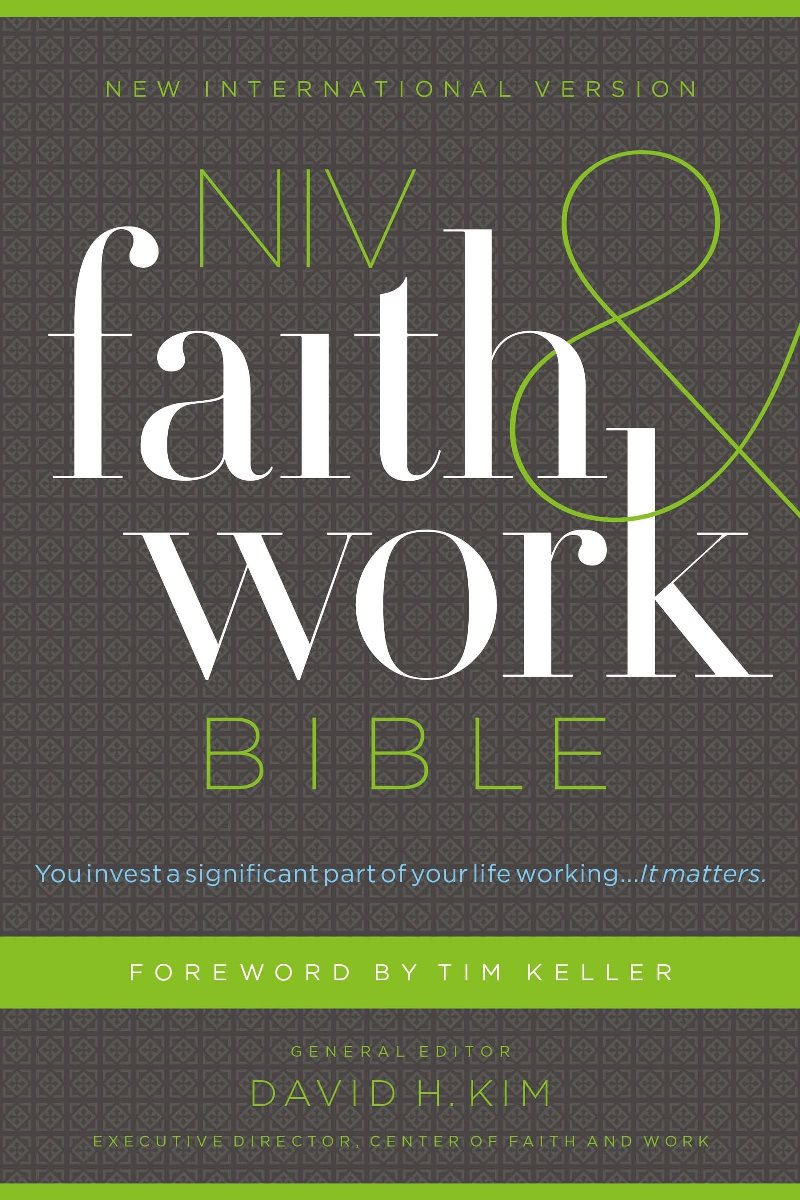January 05, 2017
January 03, 2017
A price is a signal wrapped up in an incentive
Note: This is post #15 in a weekly video series on basic microeconomics.
The price system allows for people with dispersed knowledge and information to coordinate global economic activity. The global production of roses, for example, reveals how the price system is emergent, and not the product of human design. Continue Reading...
December 22, 2016
The magic of the washing machine
December 12, 2016
The cost of Twelve Days of Christmas: $34,363.49
December 07, 2016
Financial endeavors can serve the common good
December 06, 2016
Understanding tax revenue and deadweight loss
December 02, 2016
Unemployment as Economic-Spiritual Indicator — November 2016 Report
December 01, 2016
Paul Bonicelli on Trump’s Carrier deal and upcoming economic priorities
December 01, 2016
Kings without a king: Kuyper on the illusion of independence
November 10, 2016
Review: ‘NIV Faith and Work Bible’ uncovers God’s story for stewardship
The church has recently awakened with renewed interest in the intersection of faith and work, leading to a widespread movement in congregations and seminaries and a constant flow of books, sermons, and other resources (including a hearty bunch from the Acton Institute). Continue Reading...

